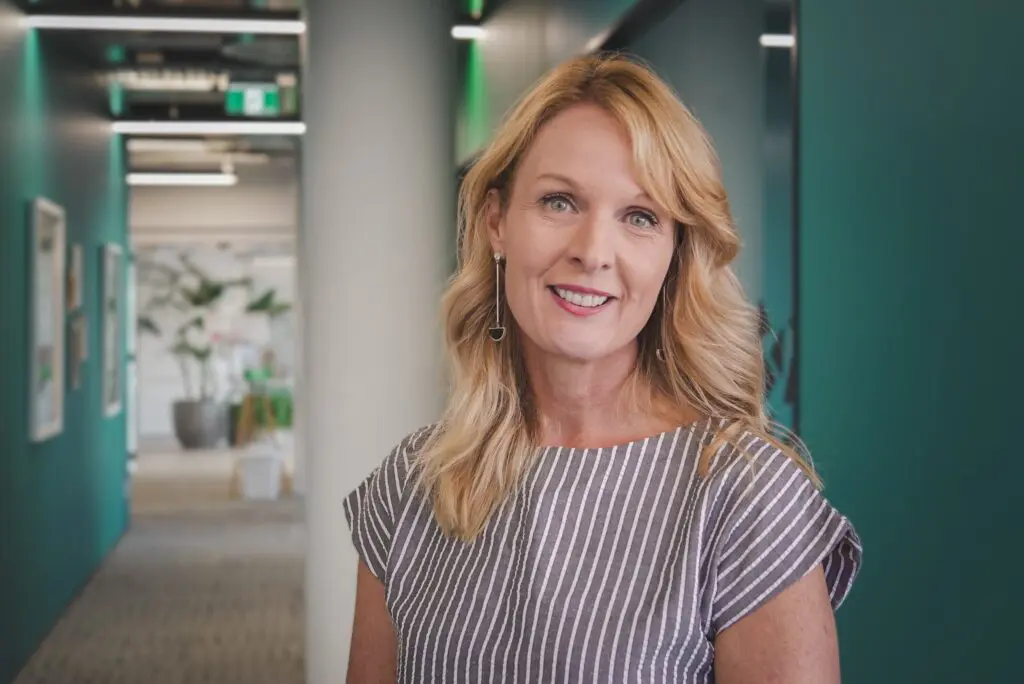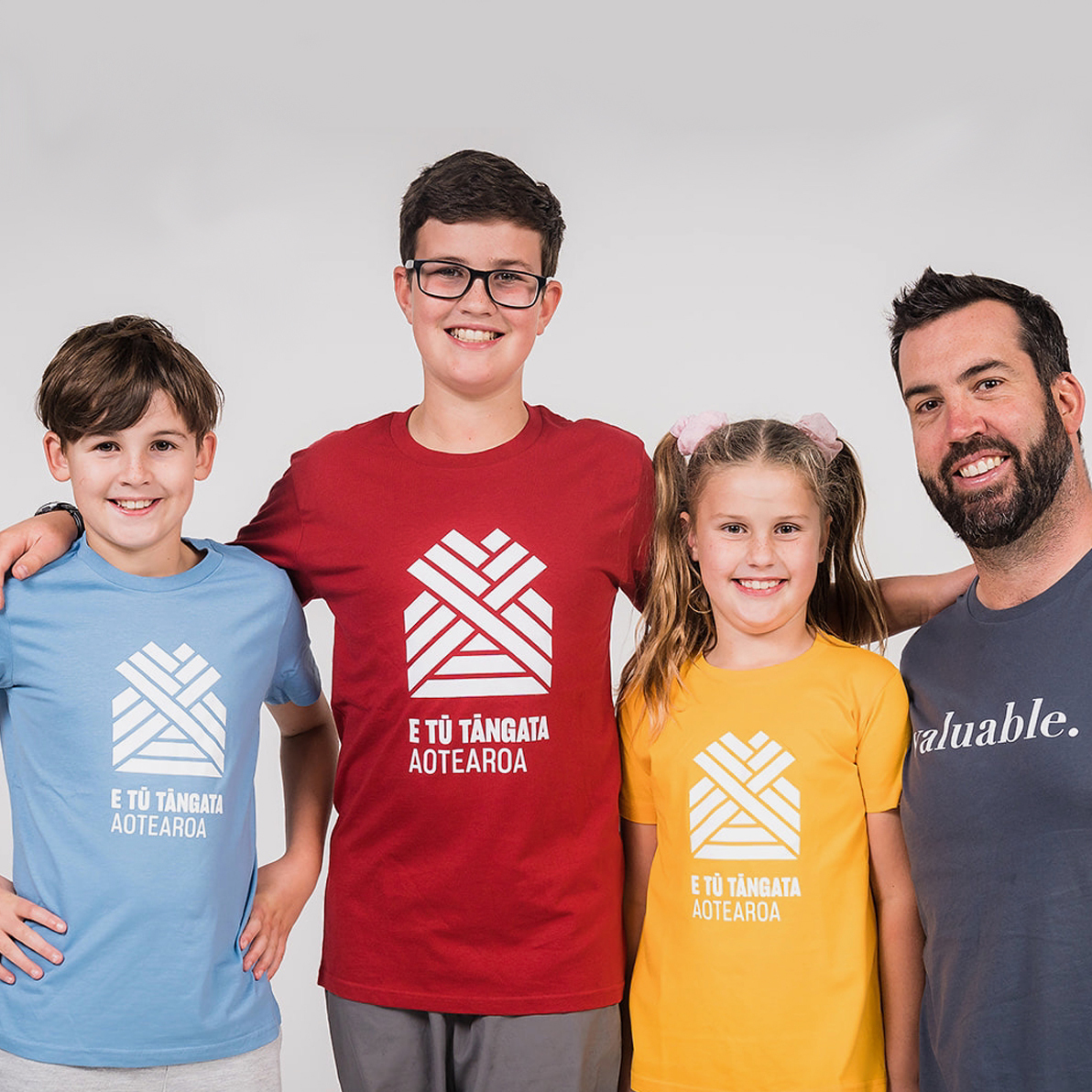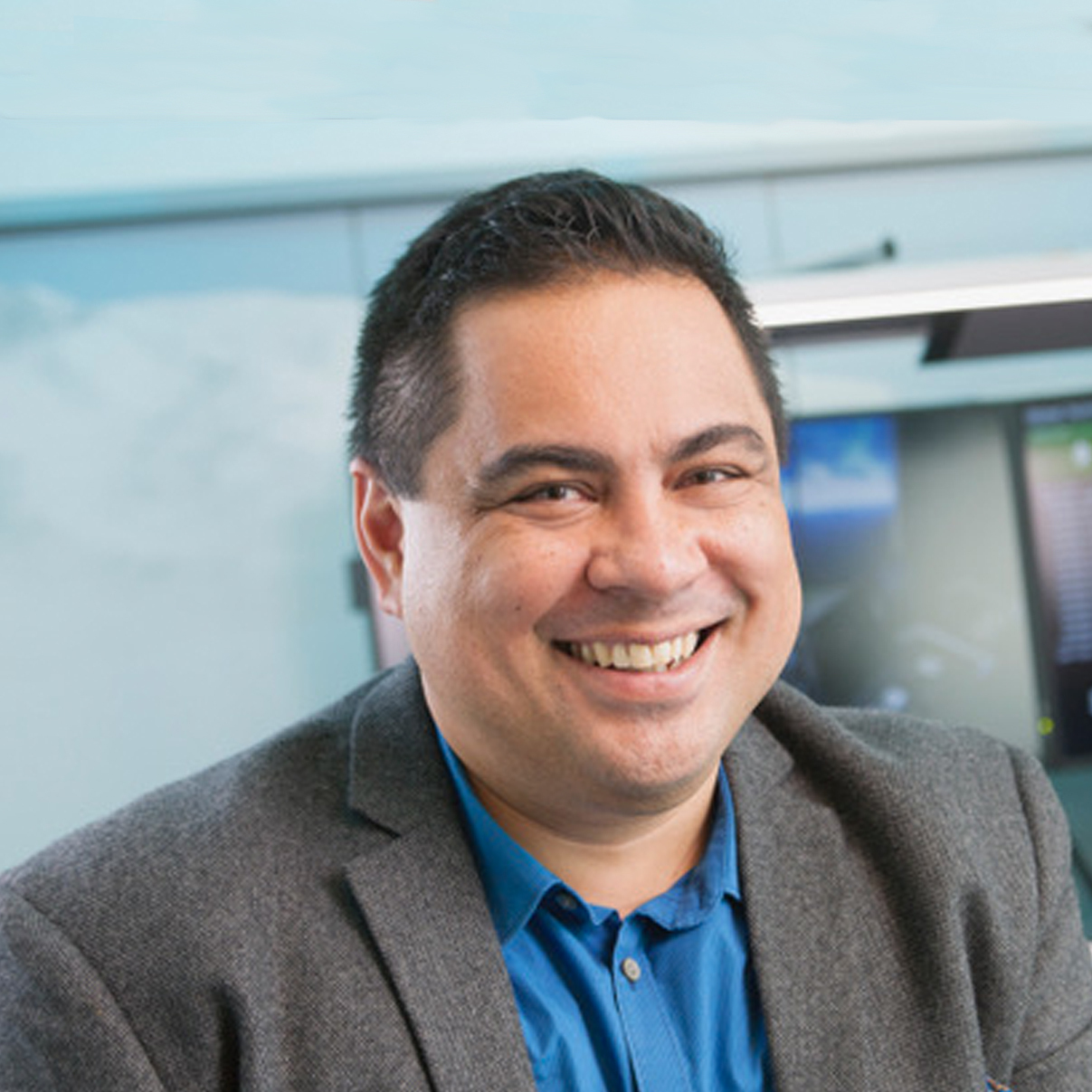The Kiwi proving you’re never too old to learn
World Class New Zealander and education technologist Frances Valintine is a passionate supporter of a new way of learning, she’s focused on building skills and capabilities to match a constantly changing world and believes you are never too old to upskill. Founder of academyEX – Mind Lab, Tech Futures Lab, Earth Futures Lab & academyEX.com, Frances’ passion for education and learning didn’t start at school but rather came about when she landed in London in the late 80’s and discovered the age of technology.
“When I was younger, higher education felt like one of those things that other people did. My family worked on the land and none of them had pursued a formal education. School was something you did until you could leave.”
Once she finished sixth form, leave was exactly what Frances did, jumping on a plane to London, determined to see the world and discover what she was passionate about.
“I landed in London in the late 80’s and was literally in awe, there was so much technology that I had never seen and never used. Computers were just big beige boxes on desks, with basic operating systems and dot matrix printers, but I could tell it was the beginning of something and I could see it evolving and that was really exciting to me.”

Frances spent several years in Europe before returning to New Zealand in the mid 90’s just as the age of the internet was really beginning to take hold.
“When I arrived home the internet was a thing, multimedia and CD-ROMs were emerging and I was really confronted by the reality that most Kiwi weren’t leaning into this new technology, they weren’t excited about it. There were a few cowboys creating websites but that was it. I became really interested in why people weren’t jumping on board to the new digital era, as for me the tech was a given, it was understanding the education side of things that really drove my interest.”
One of the Kiwis interested in learning about this technology was Frances’ younger brother, who wanted to study multimedia after he left school. However, with no university courses or institutes focused on the subject, he struggled to find somewhere to learn.
This gap in the market prompted Frances to join forces with her mother to create a design institute, aimed at getting people on board with emerging technology.
“Forming the Media Design School was a complete deviation for both of us. When I think about it now, it was quite mad, we were not entrepreneurs or tech experts, but off we went, and created a creative technology training institute and somehow it worked. It was very hard and the technology was very expensive and it was changing so rapidly and keeping up really took some work to stay in step with how fast the industry was moving. I remember the very first student who produced a 5MB animation file and we were like, what do we do with this? We can’t leave it on the computer because it’s hogging all the space and all the memory. But to buy an external drive for 5MBs at that time, was over $300. We had hundreds of students and I remember thinking, ‘what will we do with all these huge files?”

“At that stage the course was really focused on animation, visual effects and game development. Media Design School was acquired by an international university group who replicated the institute to integrate the concept into other universities around the world. The first place I took it was into San Diego and then Santa Fe and then Milan. And then we went to Malaysia and then we just got into Australia as I was leaving so it became a really global programme.”
This globalisation of her product saw Frances immersed in the global University environment and for the first time she started to gain a much broader understanding of how higher learning was lagging behind the needs of industry.
“In 2013 I opened The Mind Lab. My view was if we could teach teachers how to teach kids things like robotics and coding and get them to build websites and get them to do little animations and things that actually we could contextualise education in the digital world. These teachers would then teach kids and then our job would be done. The students were so engaged, and the teachers were just mind-blown by how engaged their students were. We then started teaching teachers through a post graduate program in digital and collaborative learning, and it really just grew from there.”

When Frances launched Mind Lab critics told her she would be unlikely to get more than 20 teachers on board, given the time commitments and financial pressure. A partnership with the Next Foundation helped lower the cost barrier and within three weeks of opening 300 teachers had signed up.
“We suddenly realised that we were really onto something. So for the next few years, we really focused on teaching teachers right across the country. We would fly a team in and set up a local high school and host other teachers from teh region. At one point we were operating in twenty-two sites every single week from Gore to Kaitaia. The programme just kept growing and to date we have had more than 7,000 teachers complete the course.”
The success of Mind Lab made Frances realise there was a growing group of so called “middle aged” people who were either in a role they felt had stagnated, or they had been overlooked for promotion. The options for reskilling for these professionals was so limited, so Tech Futures Lab was born.
“University is traditionally geared towards younger people, even in a post grad environment and so we started to think, what if we could create an environment designed for people in the 35 to 55 age group? That led us to launch a series of innovative learning programmes which build relevant skills and capabilities to match the requirements of our constantly changing world. The newly named academyEX redefines learning and professional development and allows adults to get involved with learning again in areas of sustainability, leadership, technological disruption and education.
Frances has recently partnered with a private equity firm from Sydney and is introducing academyEX into Australia. She says her ideal world is one where it’s as normal to be studying and learning in your 50s as it is in your 20s.

“I’ve never yet met someone who’s regretted coming back to education, It’s always one of those things, that when people get into it, they are like, Wow, my whole world just changed, I’m having conversations I haven’t had for such a long time, I’m interested, I’m excited about the world. People get into a bit of a rut sometimes and something like this can really bring them out.”
For Frances, learning is the key to knowledge and knowledge is the key to success. She believes that we all have a responsibility to keep learning.
“Knowledge is changing and improving every day as we get better insights, better data points. If you were a scientist from 20 years ago and you were still trading on the same knowledge you’d be irrelevant, and business is no different. Ethically and morally as business advisors and leaders and entrepreneurs, we need to be up to speed. It’s your prerogative to take the time and make sure you have the best information especially when you are using that information to make decisions on behalf of other people.”
If you are interested in learning more about academyEX visit their website here

 MENU
MENU









